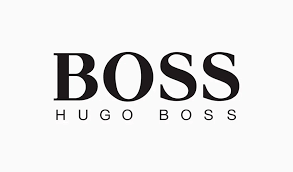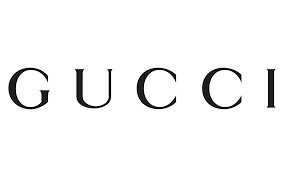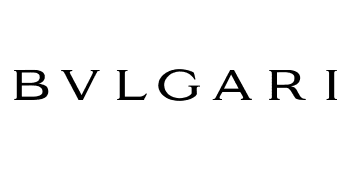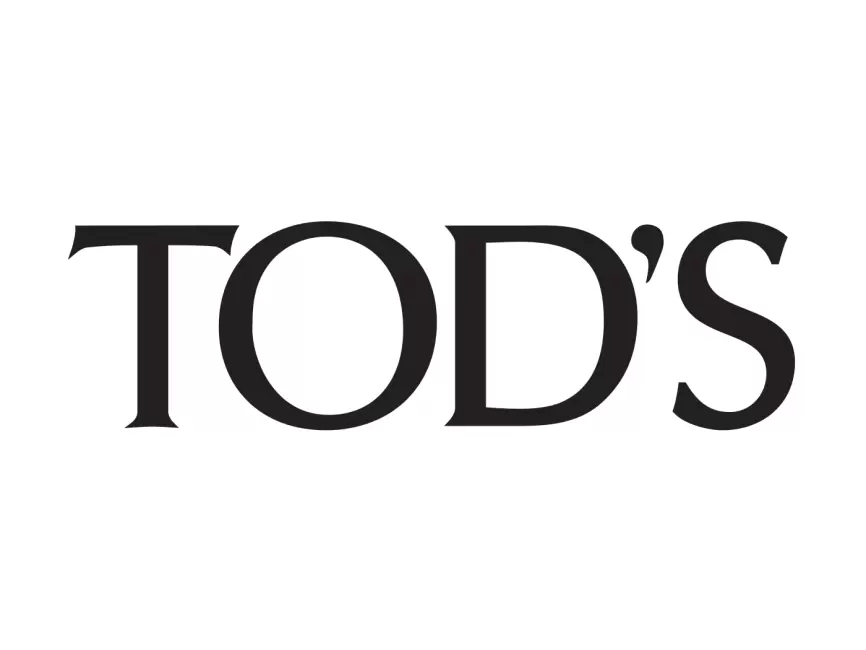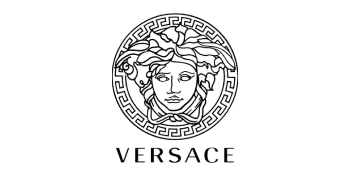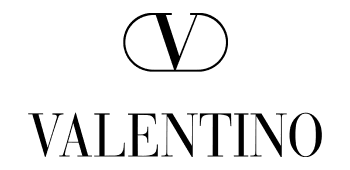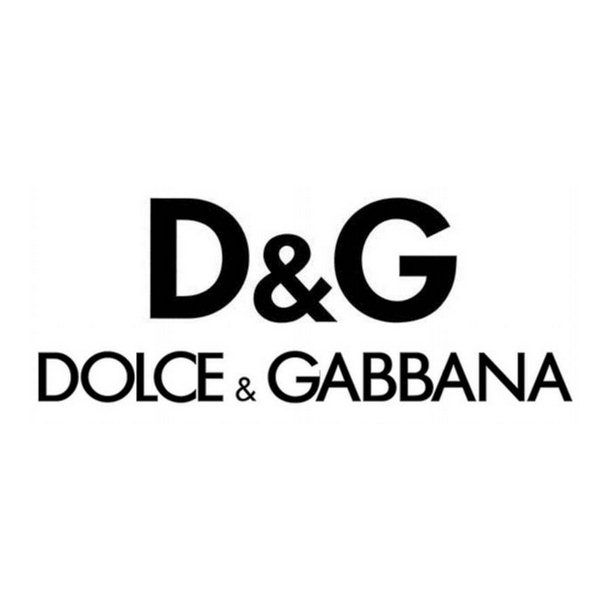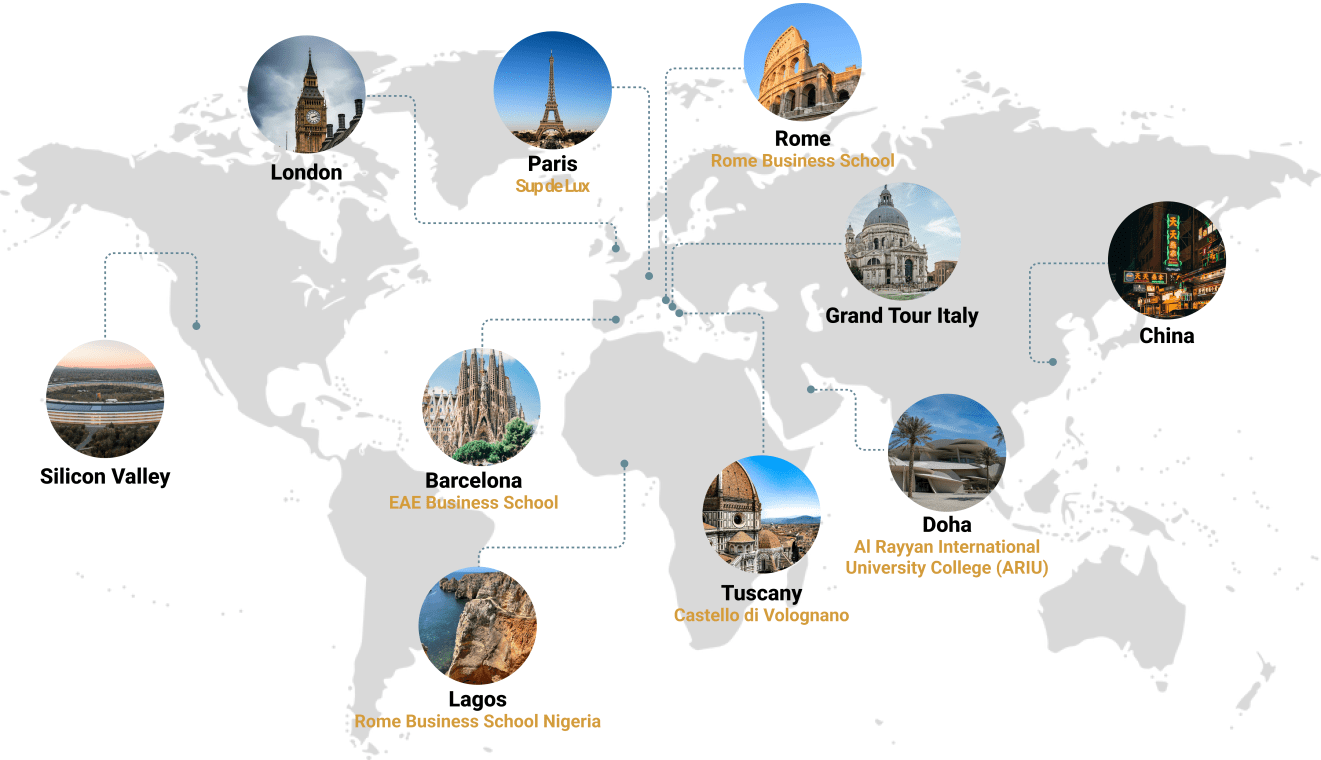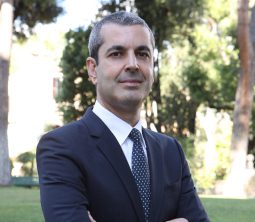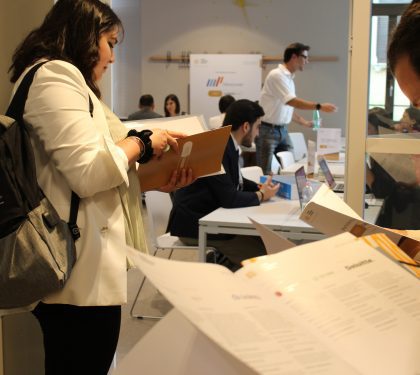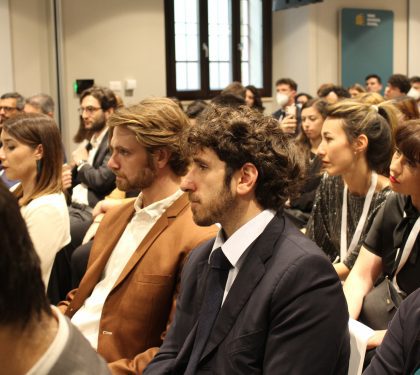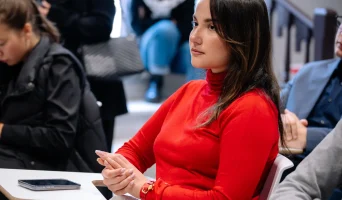During the first module of the Master in Marketing, students will learn how to:
- Managerial Economics
This module aims to prepare students by providing them with the essentials of entrepreneurship and business planning. - Management Accounting for Decision Making
The course focuses on the financial aspects of business decisions giving students an overview of the accounting tools useful and most used for short and long-term decision making such as cost management, budgeting, CVP analysis, and investment appraisal techniques. - Business Strategy
Through this module, students will know how to understand the long-term direction and strategy of a company, and will be able to identify the strategic business units of organizations. - Financial Statement Analysis
This course aims at equipping students with an understanding of financial statements and their usefulness for decision making. - Project & Operations Management
With this module, students will be able to manage projects, examine data and information, and have a diagnostic approach in solving problems. - Marketing: Traditional and Digital
Students will learn the application of marketing principles in organizational decision making. - Human Resource Management
This subject area focuses on strategic human resource issues such as workforce acquisition, development, motivation and retention. - Data Analytics for Managers
This course is designed to equip students with the basic knowledge needed to analyze and interpret large sets of data, to make effective business decisions and strategies.
During the second module of the Master in Fashion and Luxury Management, students will learn how to:
1)The Fashion and the Luxury Market, its Sociology and its People
- The Global Luxury and Fashion Markets, Groups, Brands and key players
- The Fashion and Luxury Industry, its Cultural revolution and sociology
- Fashion and Luxury Uniqueness in Customer’s mind
- The success factors of Brand Origin, and the reasons for success of ‘Made in Italy’
- People, Roles, Functions, Managerial Competences linked to Fashion
2)The Fashion World and the Management of Fashion Brands
- The Fashion market segmentation, key categories, key players
- Branding and Positioning for Fahion Brands
- Product Design, Style Development and Production
- Marketing and communication/PR
- Merchandising and Buying
- Visual Merchandising
- Fashion shows and Events management
3)The World of Luxury and the Management of Luxury Brands
- The Luxury market segmentation, key categories, key players
- Product Design, Style Development and Production
- Marketing and communication/PR
- Merchandising and Buying
- Visual Merchandising
- Fashion shows and Showroom management
4)The role of the Store in generating – Desirability, Purchase and Loyalty in Fashion and Luxury
- Store design, Concepts, Aesthetics, Functionality
- Retail challenge: Locations, Geography, Visibility, traffic catching
- The key role of Sales Ambassadors in Store
During the third module of the Master in Fashion and Luxury Management, students will learn how to:
5) Fashion Luxury Law
- Luxury and Fashion Licensing, & Luxury Trademarks
- Legal and Ethical Aspects and Copy Right
6)Fashion & Luxury New Tech and Big Data Analytics
- New Tech, AI, and The Future of Luxury and Fashion
- Fashion & Luxury in the Metaverse
- Retail, Luxury and Fashion Analytics
7)Sustainability & Future Trends
- Climate choice: perspectives for environmentally conscious businesses in Fashion and Luxury
- Sustainable Fashion Production, & Fashion Supply Chain Management
- Conscious Fashion Campaigns (Case studies analysis)
- Building ethical and responsible organizations
Why Electives?
The goal of Rome Business School is to develop future managers, entrepreneurs, and professionals who are ready to capitalize on the benefits of digitalization, go global, and have a positive impact on society.
Electives are ideal tools for students to improve their employability by focusing on high-demand skills.
- Electives assist students in carving out a niche for themselves and becoming more competitive.
- Electives expose students to courses they might not have encountered otherwise.
- Electives provide a one-of-a-kind curriculum that fosters life and career skills.
- Elective courses are organized in 7 main areasof interest:
Macro Area I
Next Gen Business: Innovation, AI and Digital Growth
- Area 1: Innovation & Growth
- Area 2: AI4 Business: Shaping the Future
- Area 3: Tech & Digitalization
Macro Area II
Global Business Excellence
- Area 4: Industry Business Excellence
- Area 5: International Business
- Area 6: Global Electives with RBS international partner Business Schools
- Area 7: Introduction to preparation for professional certifications
Rome Business School Practice Lab is the place where theoretical concepts are put in practice and participants learn through experience. The Lab is run by FENDI managers.
FENDI
They will examine different specialist knowledge, work on exercises and network, while sharing their experience and expertise with the students. This Lab is entirely run by FENDI managers with whom you will create strategy to guide customer’s throught the customer’s journey of FENDI products.
*The company partner is a subject to change
The Global Trends lab consists of 2 virtual sessions:
Session 1: How to Find Sources to Identify Global Trends Identify sources and monitor Global trends Deep Dive into the Global World Trends Shaping the World of Today – guest speakers from UN, UNIDO, ILO. Examples of Global Trends:
- The Future of Work
- Ethics of AI and Big Data
- The World in 2030: Future Scenarios
Session 2: Understand the impact of global trends on businesses, and explore ways in which businesses can adapt and transform based on future trends and forward-thinking strategies
At the end of your educational experience, you will have the chance to prove your abilities by tackling a real business challenge. Use your talent to identify opportunities and create a truly innovative strategy.
Tackle a real company challenge. You can choose to be part of a small team and design a Marketing plan for a new business or develop a strategy to increase online sales or create a loyalty offering for different generation.
You will be given two case studies from two real companies that will allow you to test your knowledge learnt during the master’s course.
Previous years’ experiences
The Practical Challenge:
Creating a loyalty offer for the Gen-Z audience, potentially benefiting from the recent brand upgrade effect.
The Practical Challenge:
To boost and increase online sales (which are increasing in this last period especially thanks to the Instagram shop), 2. expand the number of people who know the Amira brand and thus increase visibility, sales and turnover.



